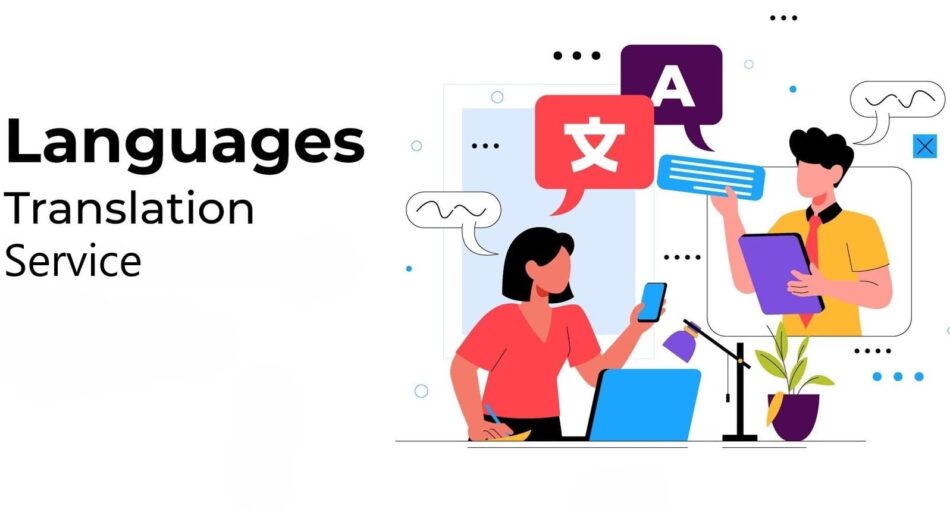Introduction: Why Translation Quality Matters
In a fast-paced, multicultural city like Dubai, clear and accurate communication is essential. Whether you’re submitting immigration paperwork, launching an international product, or entering a legal agreement, how your documents are translated can influence decisions and outcomes. Not all translation services are created equal, though—especially when it comes to certified versus non-certified services.
Understanding the difference between these two types of translation services in Dubai can help businesses and individuals make smarter decisions, avoid delays, and meet compliance standards without surprises.
1. What Are Certified Translation Services?
More Than Just Words
Certified translation refers to a translated document accompanied by a signed statement from the translator or translation agency confirming the translation is accurate and complete. This form of translation is often required for official purposes—think immigration, legal proceedings, and academic evaluations.
In Dubai, certified translations are typically needed for:
-
Visa and immigration documents
-
Court papers
-
Government applications
-
Birth, marriage, and death certificates
-
Academic transcripts
Why Certification Is Crucial
Certified translations are recognized by authorities such as the UAE Ministry of Justice and various embassies. Without them, your documents may be rejected or cause processing delays. That’s why many individuals and businesses rely on professional translation services in Dubai that offer certified translations with proper seals, stamps, and translator credentials.
2. What Are Non-Certified Translation Services?
Everyday Use and Informal Needs
Non-certified translations don’t include a formal declaration of accuracy. These are ideal for content that doesn’t require legal or official validation—like marketing materials, emails, user manuals, product descriptions, or internal company communications.
For example, a business expanding into the MENA region may need brochures or websites translated for audience appeal, but not necessarily for legal acceptance.
When It’s Enough
Non-certified translations are usually more cost-effective and faster to deliver. They are suitable for:
-
Informal business correspondence
-
Website content
-
Travel or tourism materials
-
Product packaging
-
Social media posts
While they don’t carry legal weight, non-certified translations still need to be accurate, culturally sensitive, and contextually appropriate.
3. Key Differences at a Glance
| Feature | Certified Translation | Non-Certified Translation |
|---|---|---|
| Legal Validity | Yes | No |
| Used For | Immigration, legal, academic, official | Marketing, internal use, general info |
| Requires Official Stamp | Yes | No |
| Translator Credentials Needed | Yes | Preferred but not mandatory |
| Turnaround Time | Longer due to formal review | Faster |
| Cost | Higher | Lower |
Understanding these distinctions helps businesses choose the right service without overpaying—or worse, underpreparing.
4. Choosing the Right Service in Dubai
Look Beyond Price
It’s tempting to choose the cheapest option, especially for non-certified work. But in a multilingual environment like Dubai, poor translation can cost more than you save—damaging your brand reputation or causing legal complications.
When selecting translation services in Dubai, ensure the provider:
-
Has expertise in your field (legal, medical, technical, etc.)
-
Offers both certified and non-certified services
-
Uses native speakers and subject-matter experts
-
Complies with UAE regulatory standards
Don’t Forget Localization
Translation isn’t just about converting words; it’s about capturing tone, culture, and context. A good provider will localize your content, ensuring it feels native to your target audience in Dubai and beyond.
5. Who Should Use Certified Services?
Legal Professionals and Law Firms
Lawyers handling contracts, court documents, or arbitration filings should always opt for certified translations. The margin for error is zero, and certification lends credibility in court or negotiation.
Students and Migrants
Academic institutions and government offices in the UAE require certified translations of foreign transcripts, diplomas, and birth certificates. If you’re applying for a visa, job, or university in Dubai, certified documents are a must.
6. Who Benefits Most from Non-Certified Services?
E-Commerce Businesses
If you’re launching a product or expanding your online store, a fast and reliable non-certified translation can help you connect with Arabic-speaking customers without bureaucratic delays.
Marketing Teams and Content Creators
For social media campaigns, website blogs, or customer newsletters, non-certified translations are faster and more creatively flexible. These help you reach your audience without the red tape.
Conclusion: Know What You Need Before You Translate
Dubai’s cosmopolitan economy demands flexibility in communication. While both certified and non-certified translation services have their place, choosing the right one depends entirely on your objective.
If you’re working with government agencies or handling legal paperwork, certified translation is non-negotiable. For business expansion, brand messaging, or internal documentation, non-certified services are more practical and cost-effective.
By partnering with reliable translation services in Dubai, you can ensure both accuracy and efficiency—no matter what language you’re working in.







